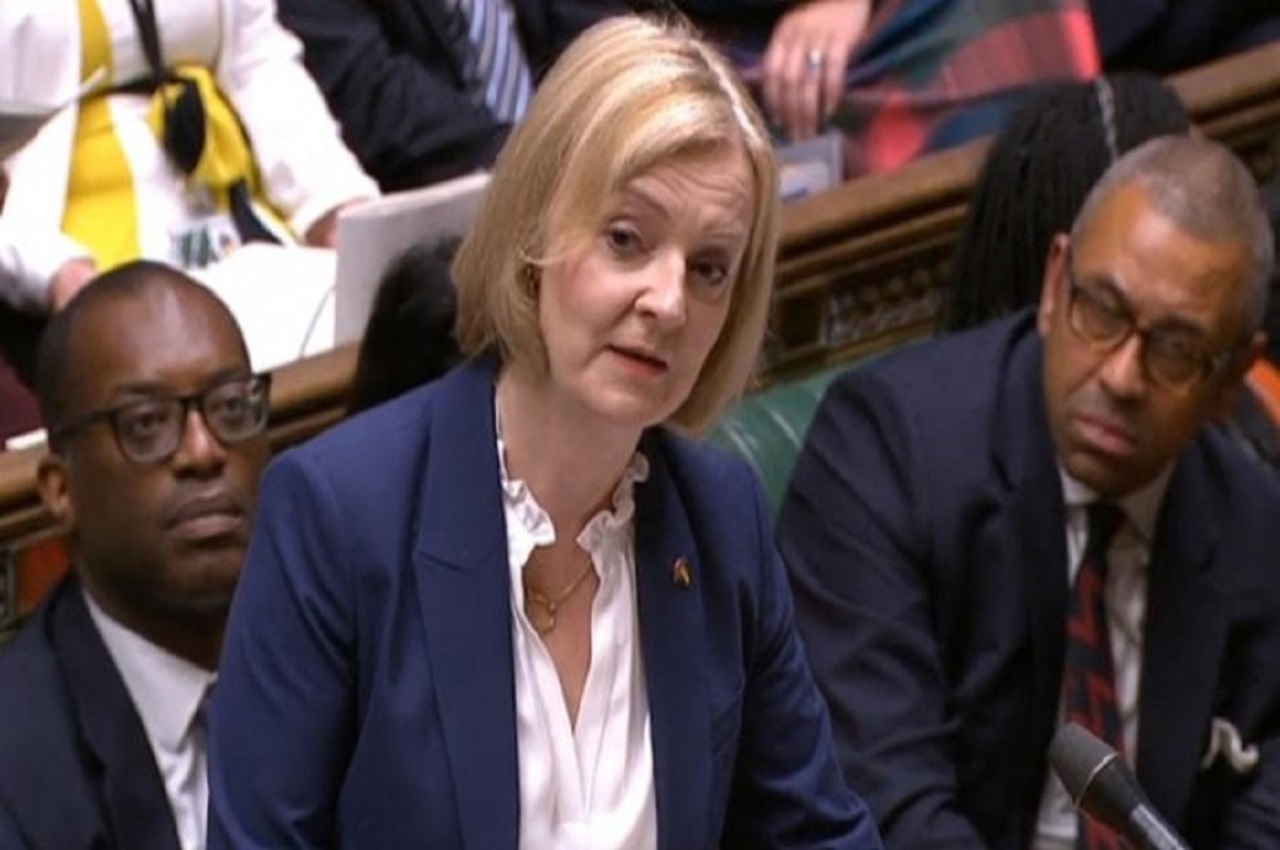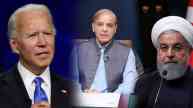London, United Kingdom: Liz Truss resigned as Prime Minister of the United Kingdom today, only 45 days after taking office. Truss’ tenure as Prime Minister of the United Kingdom did not go well right from the beginning. The start had been disastrous not only economically and politically, but also diplomatically.
Quasi Quarteng, Liz Truss’ finance minister, was forced to resign as prime minister just two months after she took office. This chair was given to Jeremy Hunt, who has a completely different economic philosophy.
While Jeremy Hunt was reiterating that all decisions made under Liz Truss’s leadership would stand, he reversed Truss’s tax promises. The previous finance minister’s ‘mini budget’ went ‘too fast, too far,’ according to new Finance Minister Jeremy Hunt.
Rishi Sunak and fall within the Party
The status that Truss had attained by defeating Rishi Sunak in the race to become Prime Minister had faded from view. Truss began attempting to implement her ideological but impractical ideas after assuming power, and the result is visible to all.
Quarteng had to be the scapegoat to save the truce, but even after his departure, the Conservative Party’s dissatisfaction demonstrates the serious governance problems Britain is facing.
Truss’s rival in the race to the British hot seat, Sunak had previously warned against her economic rashness, but ordinary Conservative Party activists, impressed by Truss’s ideological commitment to tax cuts, came out in her support.
Brexit and relations with India
Britain has been plagued by problems one after the other in recent years. Brexit was a huge blow to the country, and it has yet to recover from the consequences of leaving the European Union.
For a country like India, which had welcomed Britain’s proactive approach to the Indo-Pacific, the Truss government had been slow to improve relations.










